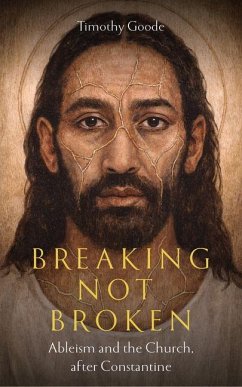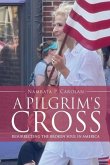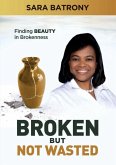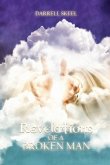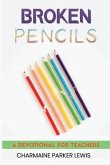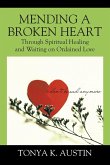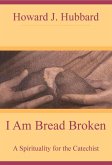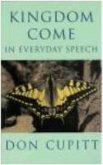How have inherited and contemporary notions of perfection distorted our theology and the way in which we have expressed and lived out our faith? Breaking, not Broken exposes how Western Christianity, post-Constantine, assimilated a Greco-Roman ideal of the flawless body as its anthropology and built its theology, architecture, and memory around it. Against this ableist inheritance, Timothy Goode offers a radical alternative: a return to a risen body anthropology grounded in the wounded yet glorified body of Christ. Drawing deeply on disability and liberation theology, critical heritage studies, and his own lived experience of disability, Timothy Goode reframes how the Church understands the body, healing, time and space. Here, disabled lives are not marginal but central: living archives of God's story, prophetic voices that disrupt and renew, and bearers of hope for a more just ecclesiology. Written with theological depth and human honesty, this book bridges scholarship and practice, inviting the Church to rediscover its true heritage not in monuments of stone or ideals of perfection, but in the scars of resurrection and the grace of embodied diversity.
Bitte wählen Sie Ihr Anliegen aus.
Rechnungen
Retourenschein anfordern
Bestellstatus
Storno

